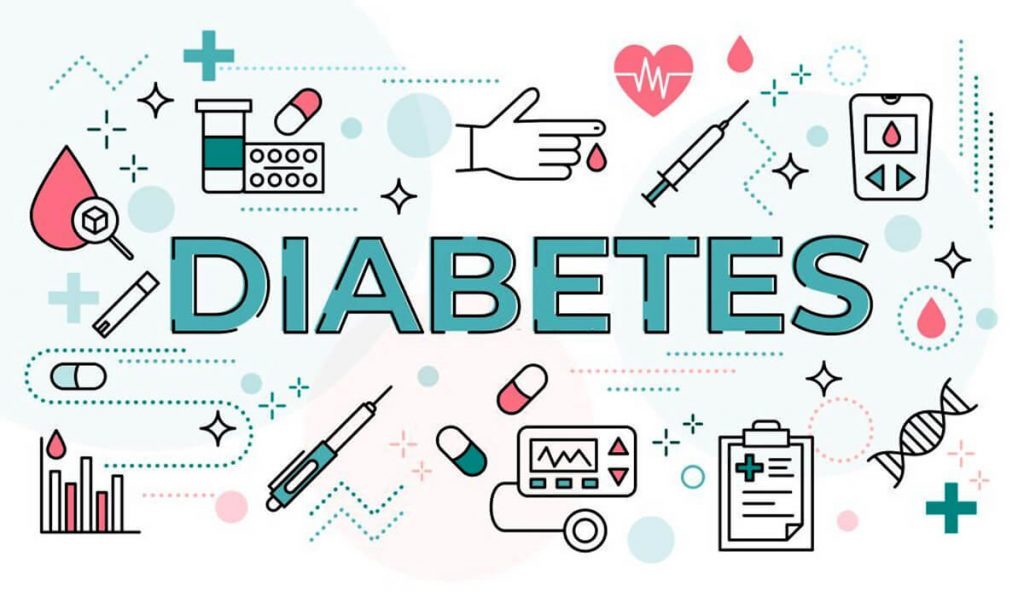
Coming Soon: New Treatment Options for T2D!
With technology constantly changing, the world of diabetes treatment has been going through a wave of innovation. Let’s explore some of the potential game-changers that may transform the lives of people with type 2 diabetes in years to come.
Importance of New Advancements
Type 2 diabetes is a chronic condition, characterized by high blood sugar, that affects millions of people around the world. While traditional treatment options such as oral medications, lifestyle modifications, and insulin therapy remain crucial, the field of diabetes research is continuing to evolve. In the past few years, recent advancements have emerged in the area of type 2 diabetes research, which has offered hope for better management and improved quality of life for patients living with this condition. Here at Iowa Diabetes, we have been conducting several different studies to evaluate the effectiveness of new, up-and-coming treatment options.
Iowa Diabetes Research
📌 For patients with type 2 diabetes who are overweight and have had a cardiovascular event such as a heart attack or stroke, we are studying a new once-weekly injectable called CagriSema. This investigational medication is a combination of two different diabetes medications: cagrilinitide and semaglutide. Cagrilinitide is an amylin analog that works to control glucose levels by decreasing glucose production in the liver and slowing gastric emptying to help you feel less hungry. Semaglutide is a GLP-1 agonist which acts at multiple sites in the body to decrease blood glucose levels and stimulate insulin production. CagriSema has been shown to potentially cause the same gastrointestinal side effects as other GLP-1 agonists such as nausea, vomiting, and diarrhea.

📌 For patients with type 2 diabetes who are overweight and have risk factors for cardiovascular disease, there is a new drug being investigated that does not have a name quite yet, but it is similar to Rybelsus, a once-daily oral GLP-1 medication. This drug is being studied to add to diet and exercise to improve blood sugar control in adult patients with type 2 diabetes. The medication is also being assessed as a potential treatment option for chronic weight management because its mechanism works to reduce your appetite and help you feel fuller for longer periods of time. The drug has been found to have similar side effects to those of injectable GLP-1 agonists like Trulicity and Ozempic.
📌 For patients with type 2 diabetes who are overweight and have cardiovascular disease, there is a new once-weekly injectable medication that is being studied for the treatment of type 2 diabetes and obesity. This medication has not been given a name yet, but it is similar to Mounjaro, a GLP-1/GIP agonist, with an added mechanism at the glucagon receptor. Therefore, it aids in regulating carbohydrate and lipid metabolism as well as energy balance. By adding the glucagon receptor as a target for this drug, it is able to control blood glucose levels in multiple ways to offer better management of diabetes. Since the medication includes similar properties to Mounjaro, the side effects of this medication are much like those seen with injectable GLP-1 medications.
Summary The field of type 2 diabetes treatment is constantly evolving. Emerging new treatment options are offering promising results in improving blood glucose control, reducing complications, and enhancing the quality of life for patients. As research and innovation continue to drive progress, we look forward to more advancements that have the potential to transform diabetes care. If you are interested in learning more about these studies or participating in any of our research trials at Iowa Diabetes, please feel free to contact us at (515) 329-6800.






